How to live tax free as an affiliate marketer in 5 steps
Here’s how to live and work as an affiliate marketer and pay zero in US taxes. If you market other people’s products online, you can easily structure your business to be tax free and fully compliant with US laws. If you’re living and working outside of the United States, this post on how to live tax free as an affiliate marketer in 5 steps is a must read.
This article is specifically tailored to affiliate marketers – those who market other people’s products or services online. You might use PPC, PPA, SEO, or whatever… the point is that you are marketing other people’s products and not selling a physical good into the United States.
If you’re white labeling products, or selling your own products online, the tax analysis is much more complex. If you’re selling other people’s products, the tax picture is simple. It’s easy to live tax free as an affiliate marketer if you know the rules.
And these same techniques can be used by anyone selling a service online. At the end of the day, affiliate marketing is categorized as a service by the IRS. You’re performing the service of marketing. And services are taxable wherever the work is performed. So, affiliate marketing performed outside of the United States is foreign source income.
The same goes for any other service business or business where labor / work is what generates the money. If you’re writing blog posts, selling subscriptions, putting on conferences outside of the US, or marketing other people’s products or services, you’re in the service business.
The difference with a physical product sold into the US market is that products create some level of US source income. Some value must be assigned to the product itself, and that value is taxable in the United States no matter where the work is done to create, pack, ship, support, and market the product.
I should also point out that I’m focused on internet businesses and affiliate marketing in this article. If you are providing a professional service, one that requires you to go to the client’s location to work, more complex rules apply. For more on professional service income, see How to Eliminate Subpart F Foreign Base Company Service Income.
With all of that backstory, here’s how to live tax free as an affiliate marketer in 5 steps.
- Setup an offshore corporation and run your business through that entity,
- Open an offshore bank account and have your clients pay into that account,
- If you must have a US corporation and account, move your income out of the US and over to the offshore company each month or quarter,
- Live outside of the United States and qualify for the Foreign Earned Income Exclusion, and
- Hold profits in excess of the FEIE in the offshore corporation as retained earnings.
The first step in living tax free as an affiliate marketer is to setup your offshore company. The most efficient structure is usually a corporation formed in a zero tax jurisdiction. We’ve found Belize, Nevis, Cook Islands and Panama are the best options for internet businesses.
If you want an added layer of asset protection, you can setup an offshore trust or Panama foundation as the holding company. This will provide maximum protection from future civil creditors. For more, see: Panama Foundation vs Cook Island Trust.
One word of caution on Panama. The officers and directors of Panama corporations are public record and listed in a searchable database. The same goes for founders (settlors) and council members (trustees) of a Panama foundation.
Affiliate marketers often want privacy to minimize the probability of a lawsuit. So, you might add an LLC from Belize or Nevis to the mix. You are the owner of the LLC and the LLC is the officer, director, or founder of your structure. In this way, only you and your banker know who the ultimate beneficial owner of the business is. For more information see: The Bearer Share Company Hack.
The second step is to open an offshore bank account (and possibly a merchant account) for your internet business. Your clients or affiliate networks should be paying by wire transfer into this account.
Clients often look to St. Vincent, Belize, Cook Islands or Panama for this account. The most popular offshore jurisdiction with affiliate networks are Panama and Hong Kong. The problem with this is that both of these jurisdictions now require you have legal residency before opening a business bank account.
If you can’t get paid into an offshore bank account, then you’ll need a US corporation. You want this company to bill the customer and then transfer the profit to your offshore account. The US company bills the client and you bill the US company such that it breaks even at the end of the year.
Note that this is only permitted if you’re living abroad, qualify for the Foreign Earned Income Exclusion, and have no employees or other business ties to the United States. Basically, all profits must be foreign sourced and not taxable to your US corporation.
That’s all pretty simple. The next part is the hard one… the one that takes real commitment if you want to keep Uncle Sam out of your pocket and live tax free as an affiliate marketer. You must live abroad and qualify for the Foreign Earned Income Exclusion (FEIE).
In order to qualify for the FEIE, you must be a legal resident of another country for a calendar year or out of the United States for 330 days during any 12 month period. The legal residency option is referred to as the residency test and the 330 days option is referred to as the physical presence test.
If you qualify for the FEIE, you can exclude up to $102,100 in salary from your internet business in 2017. That is to say, you can take a salary of up to this amount from your offshore corporation and pay zero Federal income tax on the amount. If both a husband and wife are working in the business, you can take out just over $200,000 tax free.
The physical presence test is easy enough to understand. Simply be out of the United States for 330 out of 365 days and you’re golden.
The problem with this test is that everyone tries to push the boundaries. They plan to spend exactly 36 days in the United States, but something always goes wrong. Maybe a delayed flight, extra business meeting, or family emergency. Many people who attempt to use the FEIE physical presence test get it wrong or incorrectly report their days, which is why the IRS loves to audit Americans who claim the FEIE using the 330 day rule.
If you do lose the Exclusion, you lose it entirely. If you spend 37 days in the US because a flight was delayed, you loose the entire exclusion for that tax year. This means that 100% of your income earned abroad will be taxable in the US. One missed flight could cost you $40,000… if it’s a husband and wife both living and working abroad, the bill might be $80,000.
The residency test is easier to qualify for but harder to setup. You first need to become a legal resident in the country you want to call your home base. Then you need to file taxes in that country, move there with the intention of making it your home for the foreseeable future, and break as many ties with the US as possible.
The physical presence test is fact based while the residency test looks to your intentions and your legal status in a country. But, if you can jump through all these hoops, you can spend 3 or 4 months a year in the United States (never more than 183 days a year), and stop worrying about losing the exclusion.
In order to use the residency test, you must become a legal resident of your home base country. Finding a country that will grant you legal residency can be hard. Finding a tax haven that will give you residency is darned near impossible these days.
For example, Hong Kong requires an investment in a business of about $850,000. To become a resident of Singapore, you must invest $2.5 million in a business. BVI expects you to setup a business and issues only 25 residency visas a year.
The lowest cost tax haven is Panama. If you’re from a top 50 country, you can get residency in Panama by investing in their reforestation program. Invest $20,000 in a licensed teak plantation and you’ll become a resident of Panama. For more information, see: Best Panama Residency by Investment Program.
The final step is living tax free as an affiliate marketer is to plan for your success. If you earn more than $100,000 (single) to $200,000 (joint) in the business, you need to hold the excess in the corporation. If you take a salary in excess of the FEIE, you will pay US tax on the amount over the exclusion. If you leave that money in the corporation, you only pay US tax on it when you take it out as a distribution.
If you’re business will net $500,000+, and you can benefit from 5 employees, you might think about setting up in Puerto Rico. This island has a unique tax deal which is basically the inverse of the FEIE. For more see: Panama vs. Puerto Rico, which is right for my business.
EDITORS NOTE: On July 11, 2017, the government of Puerto Rico did away with the requirement to hire 5 employees to qualify for Act 20. You can now set up an Act 20 company with only 1 employee (you, the business owner). For more information, see: Puerto Rico Eliminates 5 Employee Requirement
I hope you’ve found this article on how to live tax free as an affiliate marketer to be helpful. For assistance in forming the offshore company and planning the business please contact us at info@premieroffshore.com or call (619) 483-1708. We’ll be happy to assist you to set up the structure business and keep it in compliance.

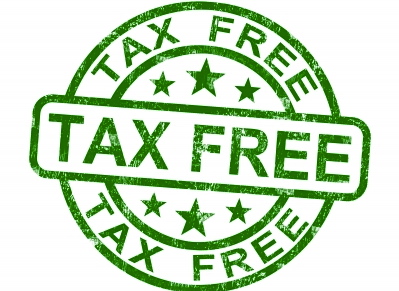
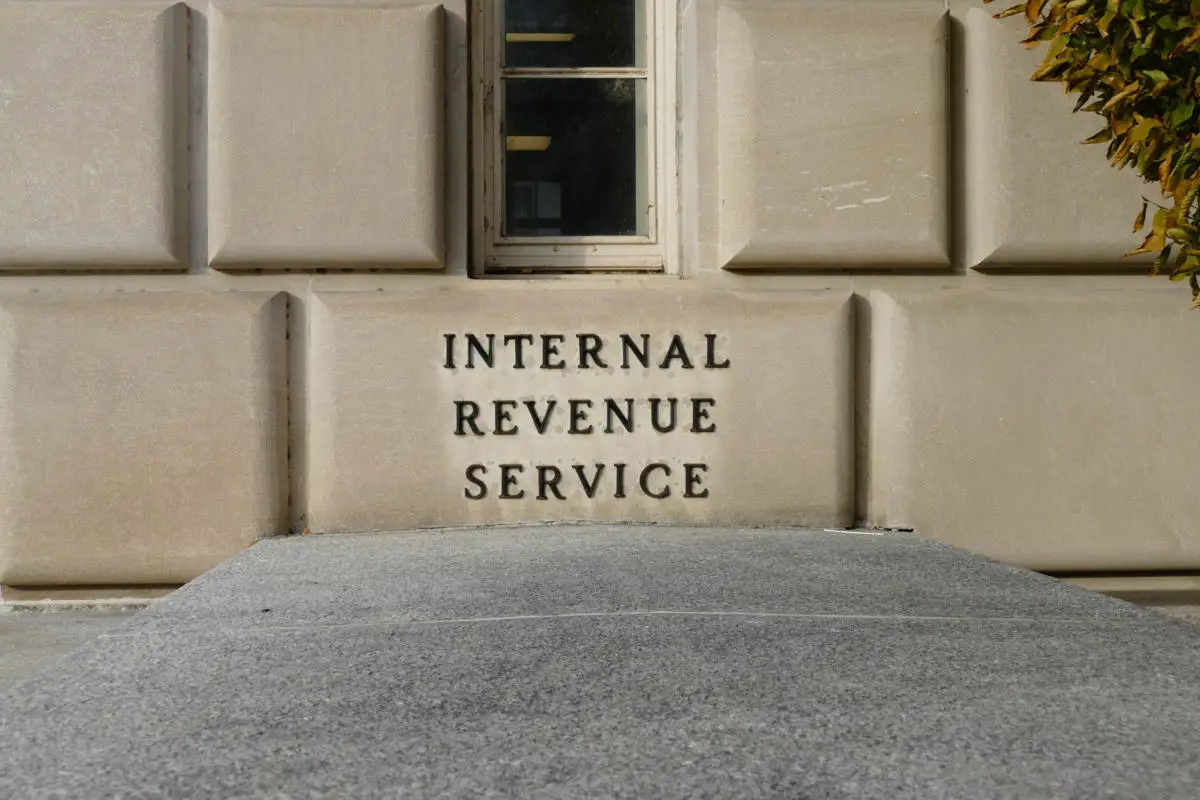
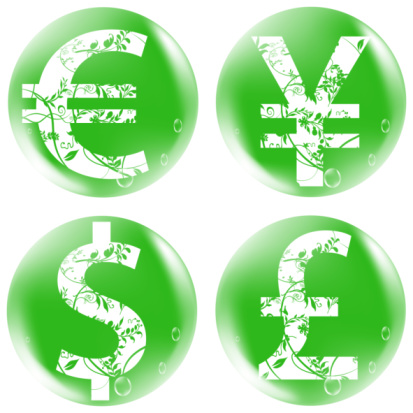
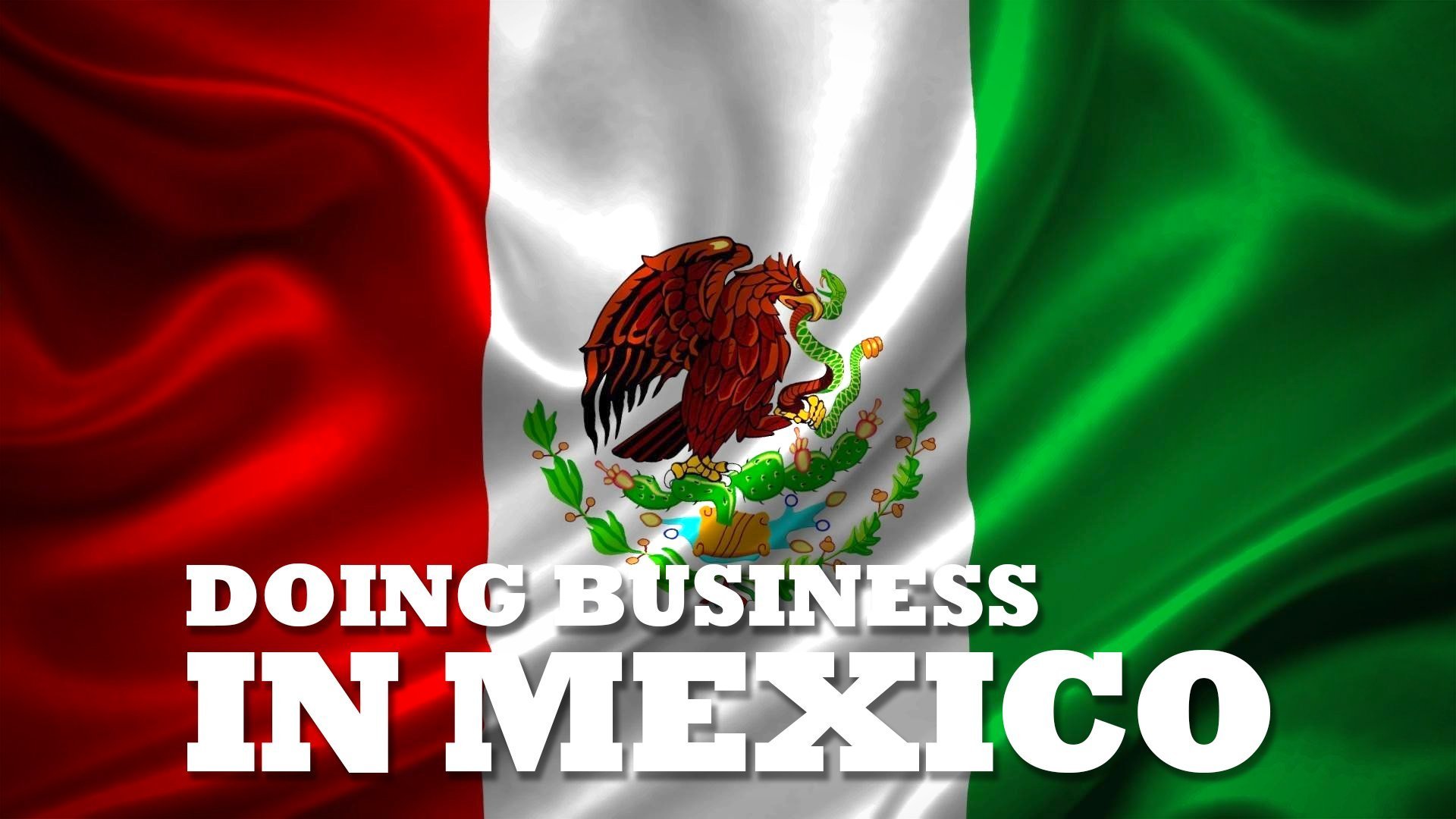
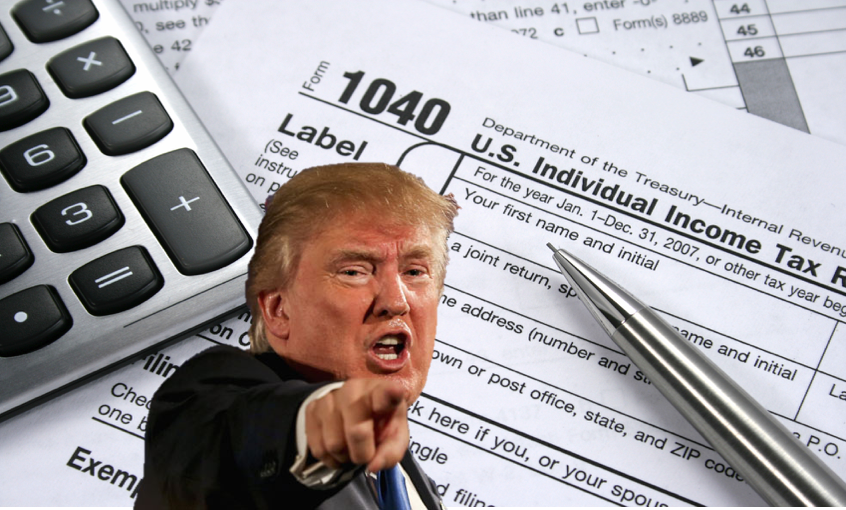
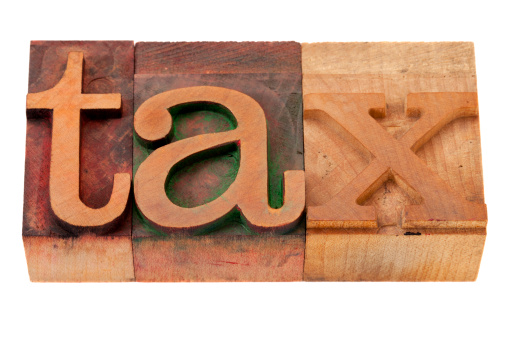
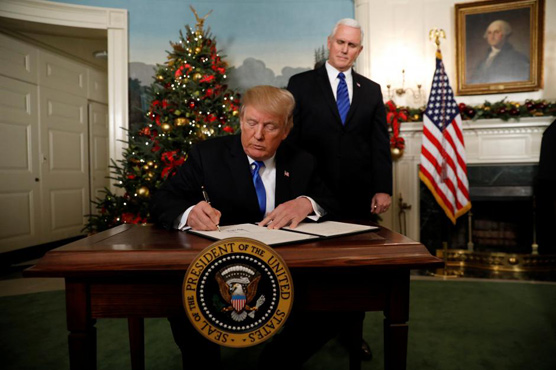

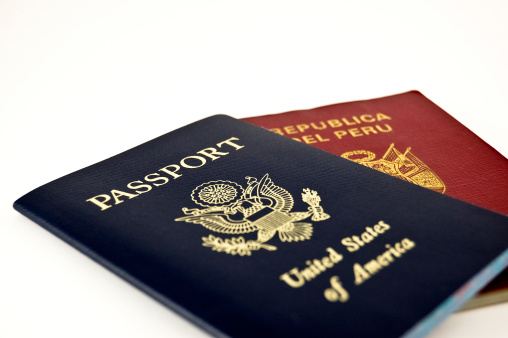

Leave a Reply
Want to join the discussion?Feel free to contribute!